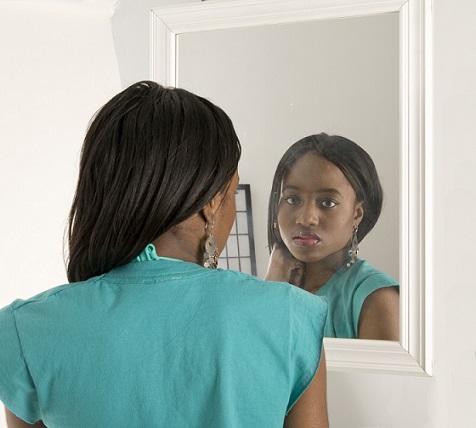A good fit doesn’t mean your therapist is just like you; it means they can understand you.
Now and then we get a call from someone asking if any of our therapists, counselors, and coaches have recovered from a specific substance of abuse, or whether we have therapists of a particular race, religion, or sexual orientation. The assumption seems to be that if the they have not walked in the exact same footsteps as the caller, they won’t really be able to understand or help.
Part of being human means that we tend to feel most comfortable around people that seem most like us, and if a person wants a therapist who falls into a specific category in order to feel more comfortable then he/she has that right. After all, for many people, seeing a new helping professional is already an uncomfortable experience. It means sharing some of our most deeply personal challenges with a stranger. So it’s not surprising that people want to choose to work with someone who seems similar to them.
What people may need for therapy to work, however, is not necessarily someone who is similar to them. What they more likely need is a helping professional willing to understand them without judging them, and one who has had experience working with many different people facing many different issues.
To their credit most helping professionals come into the field ready to help people regardless of their background or their particular way of being in this world. We live in a world in which there are black people, white people, Asians, Mexicans, gay people, straight people, Christians, Jews, Muslims, atheists, conservatives, liberals, and many other groups. And none of these groups are immune to personal and relationship struggles. Again, it is understandable that people are more comfortable with people they perceive to be more like themselves. But it is still hard for me to understand why anyone would become a helping professional when he/she is unable or unwilling to work with the variety of people in the community.
At the Marriage and Family Center, we are careful to pre-screen any qualified professional who want to practice with us. We make sure they have had experience with, and will be intelligent and respectful when counseling people of varying backgrounds. That way, if you have religious or other beliefs or practices that are part of your identity, your therapist, counselor, or coach will accept those beliefs as important to you and not try to change you.
Recently someone calling about possibly getting couples counseling at the Marriage and Family Center asked about our readiness to work with gay couples—stating that they had been told by a therapist across town that they did not feel “qualified” to work with gay people. I was sad to hear that. Accredited licensing programs should qualify people to work with people of varying sexual orientations, and in my experience, they do. I wonder if the therapist she had previously called was not so much saying they didn’t feel qualified, but if they were really just expressing that they did not feel comfortable working with gay people.
I don’t believe most people need to find a therapist who is just like them. At the Marriage and Family Center, you can find what you probably really need—a therapist who accepts you for who you are, and work side by side with you on your own goals for a happier, more fulfilled life. Start now by calling for an appointment.
For some other considerations when choosing a therapist, you may want to read What to Look for In a Counselor or Therapist

